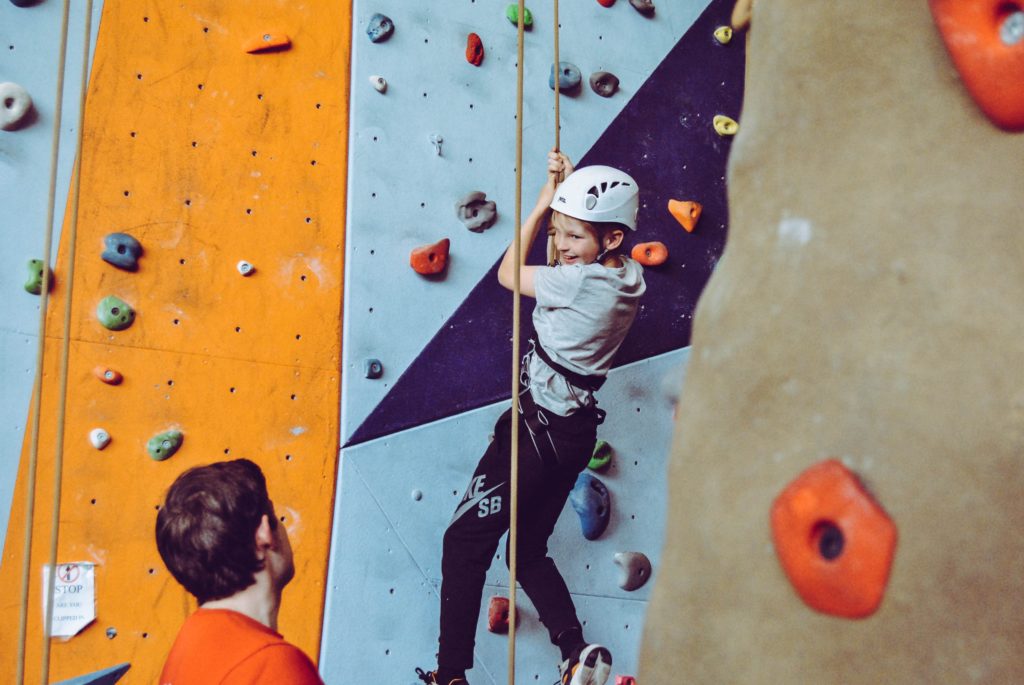
We know that our kids live in a world that requires them to plug in maybe more than we would like. But, sleepaway camp presents a unique opportunity to change that part of their daily routine, even if only for a few weeks. It provides the opportunity to not only have fun but to unplug, and to experience new activities and adventures in a safe and welcoming environment.
“Camp provides a cell-phone free zone, meaning no social media, which is so freeing for these kids,” says Nicole M. Stern, Ph.D., a licensed psychologist in D.C. “Camp provides an opportunity for children to learn and to grow … for many children this allows them to try new things, voice new opinions and do things that they may never have been exposed to,” she says.
Plus, there are additional benefits.
Camp brings our children closer to nature and encourages social and emotional development as well as independence, resiliency, empathy and adaptability. Noted philosopher and psychiatrist Alfred Adler (1870-1937) stressed three things that are important to one’s emotional health and well-being: the need to feel connected, to contribute to something beyond the individual and to feel capable. While he introduced these ideas more than 80 years ago, they are still true today.
Sleepaway camp addresses all of Adler’s concepts. Children need to establish relationships and connect with peers and counselors as they navigate their day. Building friendships, learning empathy and caring for others all help create a strong emotional core. Helping clean the cabin, writing a camp song, paddling a canoe—all of these activities give kids a chance to practice contributing through teamwork and collaboration. Mastering the skill of archery or wall climbing, through practice and perseverance, strengthens feelings of confidence and capability.
In the January 2014 issue of Camping magazine, Tina Payne Bryson, Ph.D., a pediatric and adolescent psychotherapist and the co-author of “The Whole-Brain Child,” noted the very real physical effect of growing these social skills by stating. “Bunks are good for brains … promoting independence, confidence, friendship-building, resilience, thriving, character, grit, etc,” she said. “Experience changes brains … it’s like a muscle. When it’s used, it grows and strengthens.”
Other benefits from daily cabin activities include the development of fairness, exploration and curiosity while maximizing intellectual, moral and physical development. With ample opportunities for kids to be their best selves, camp life provides countless new experiences for fun, happy and healthy personal growth in a safe and encouraging environment with friends and caring counselors.
Sleepaway camp is not only an extraordinary gift but a life changing experience. Children learn to persevere when challenged by unfamiliar experiences. They learn patience and confidence when connecting with others and the importance of working together for a positive shared experience.
When exploring a camp program for your child, you should consider developmentally appropriate and nurturing environments that promote self-esteem, leadership, independence, conflict resolution and team building. Understanding the camp philosophy and culture is imperative in finding the right program for your child.
The right sleepaway camp can be a wonderful life changing event for children, a treasured experience that lasts forever.
Glenn Smith is the owner and director of Camp Tall Timbers, an award-winning camp program, located in the beautiful foothills of the Blue Ridge mountains in High View, WV.








